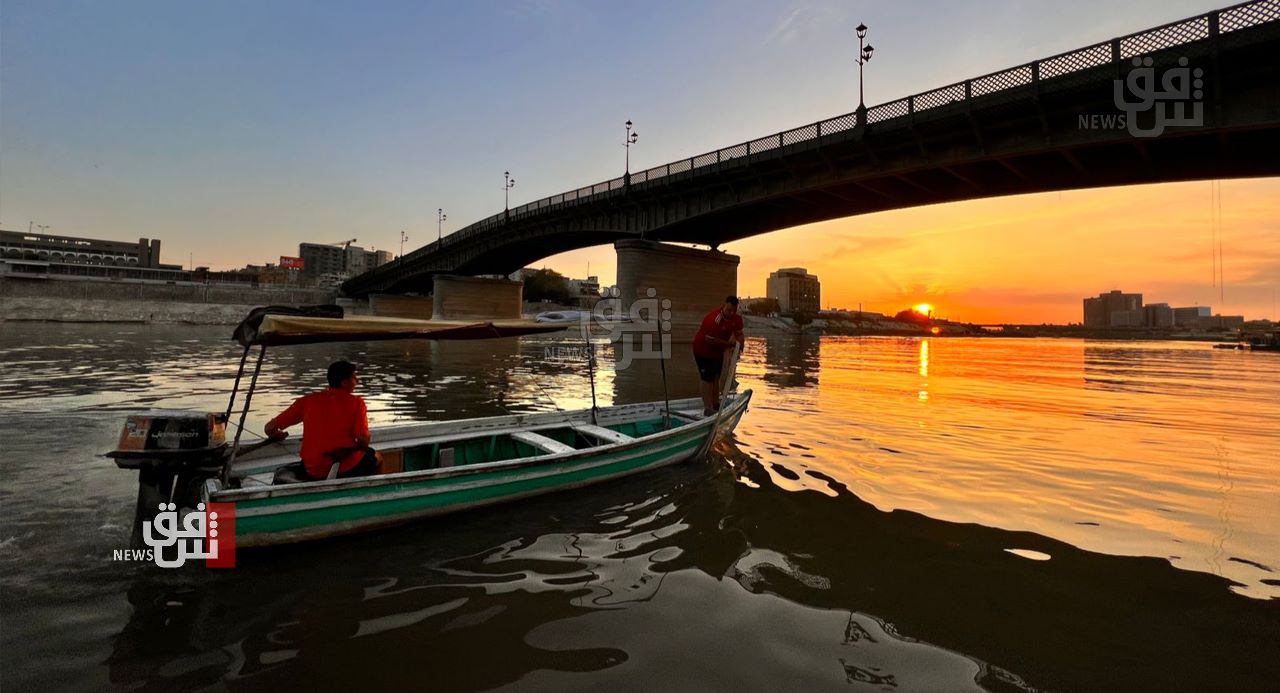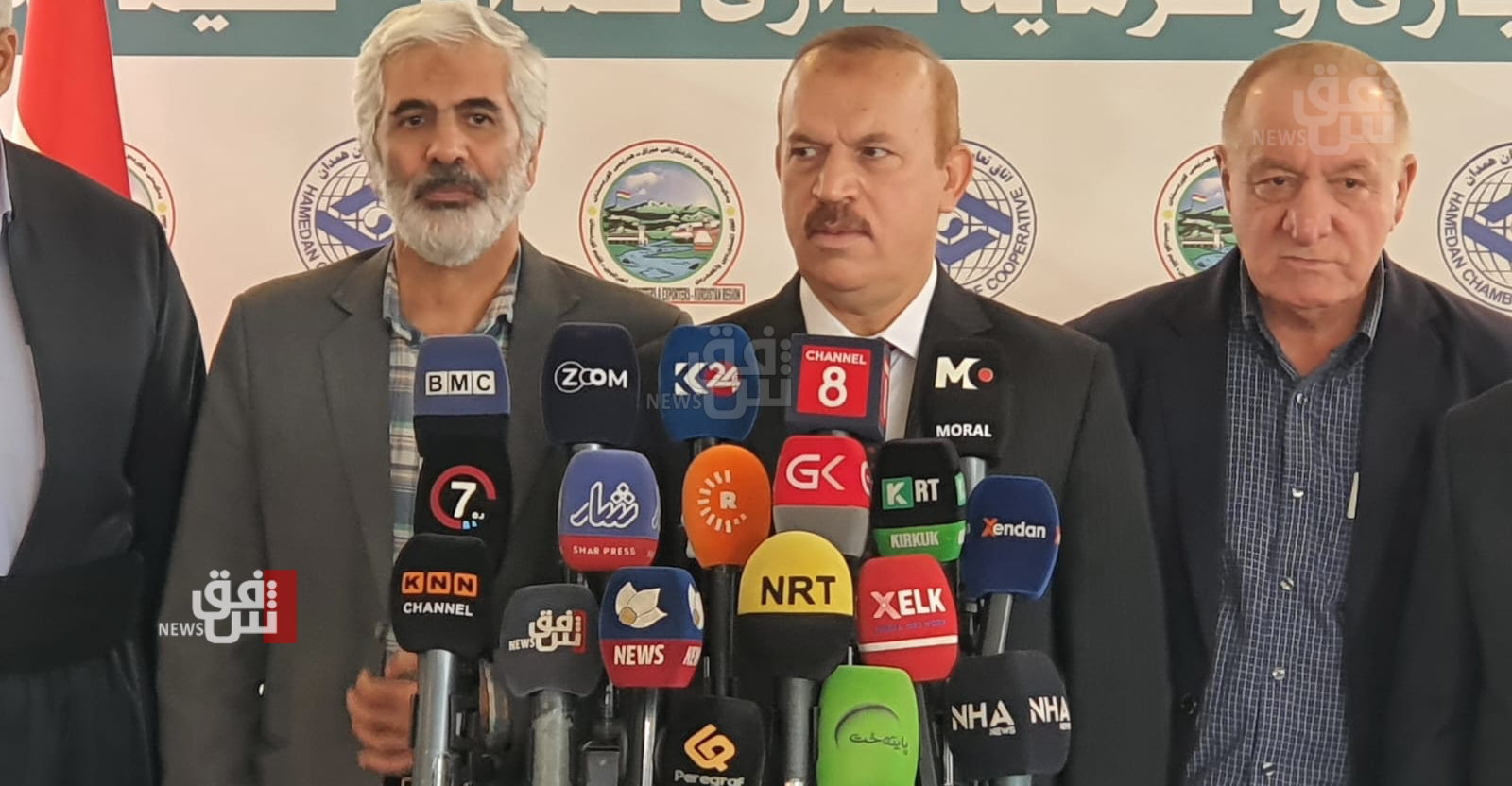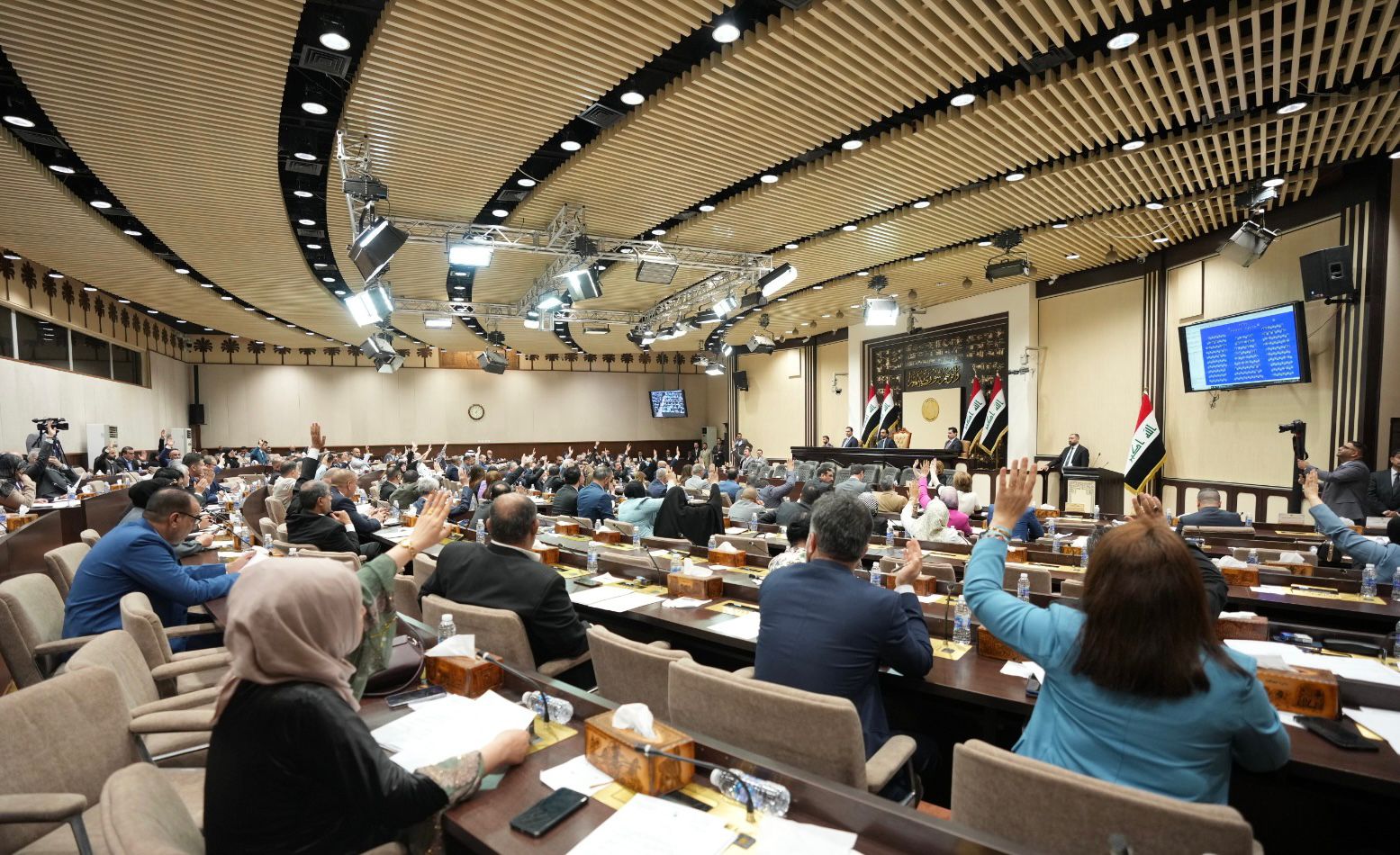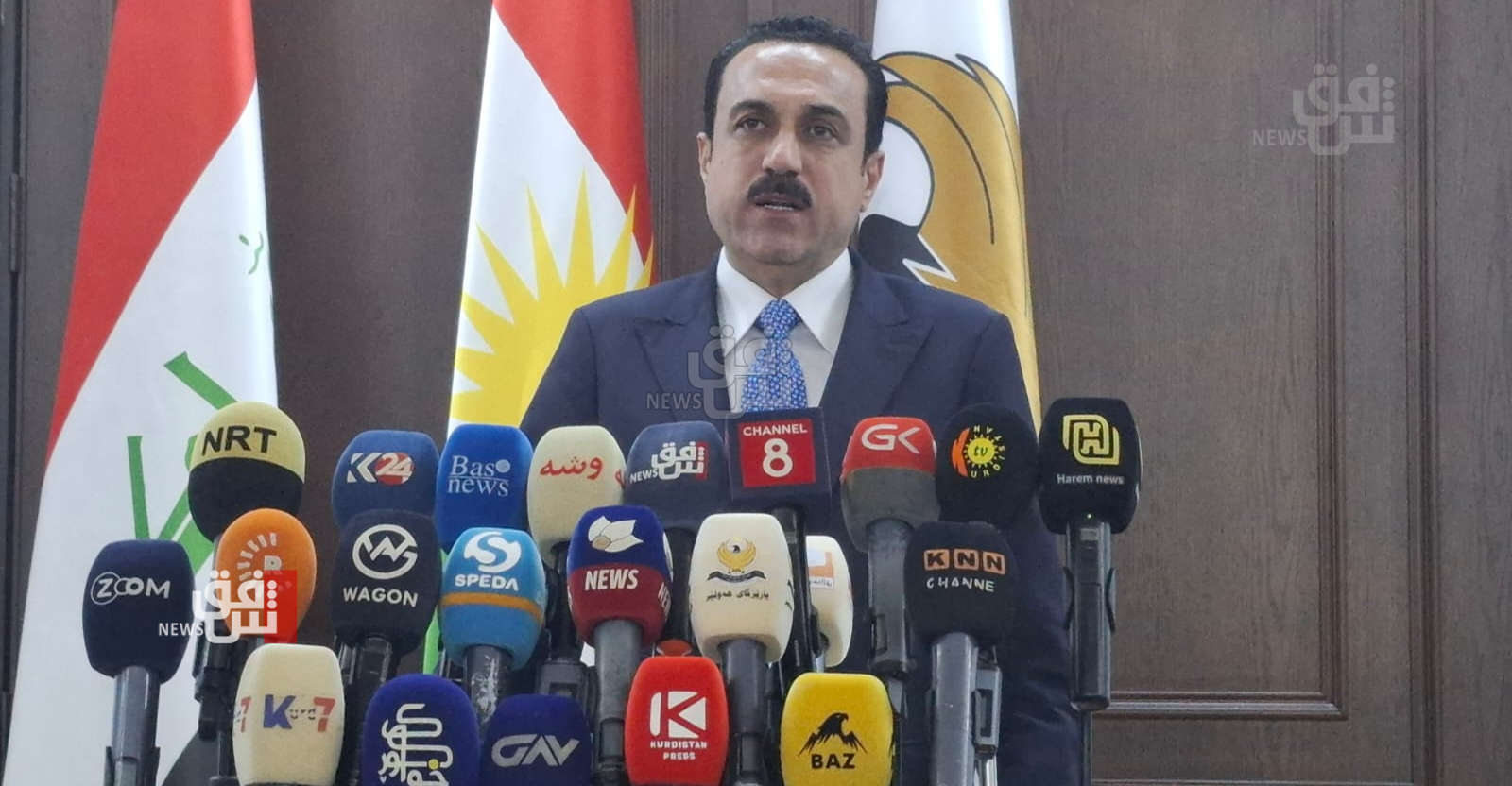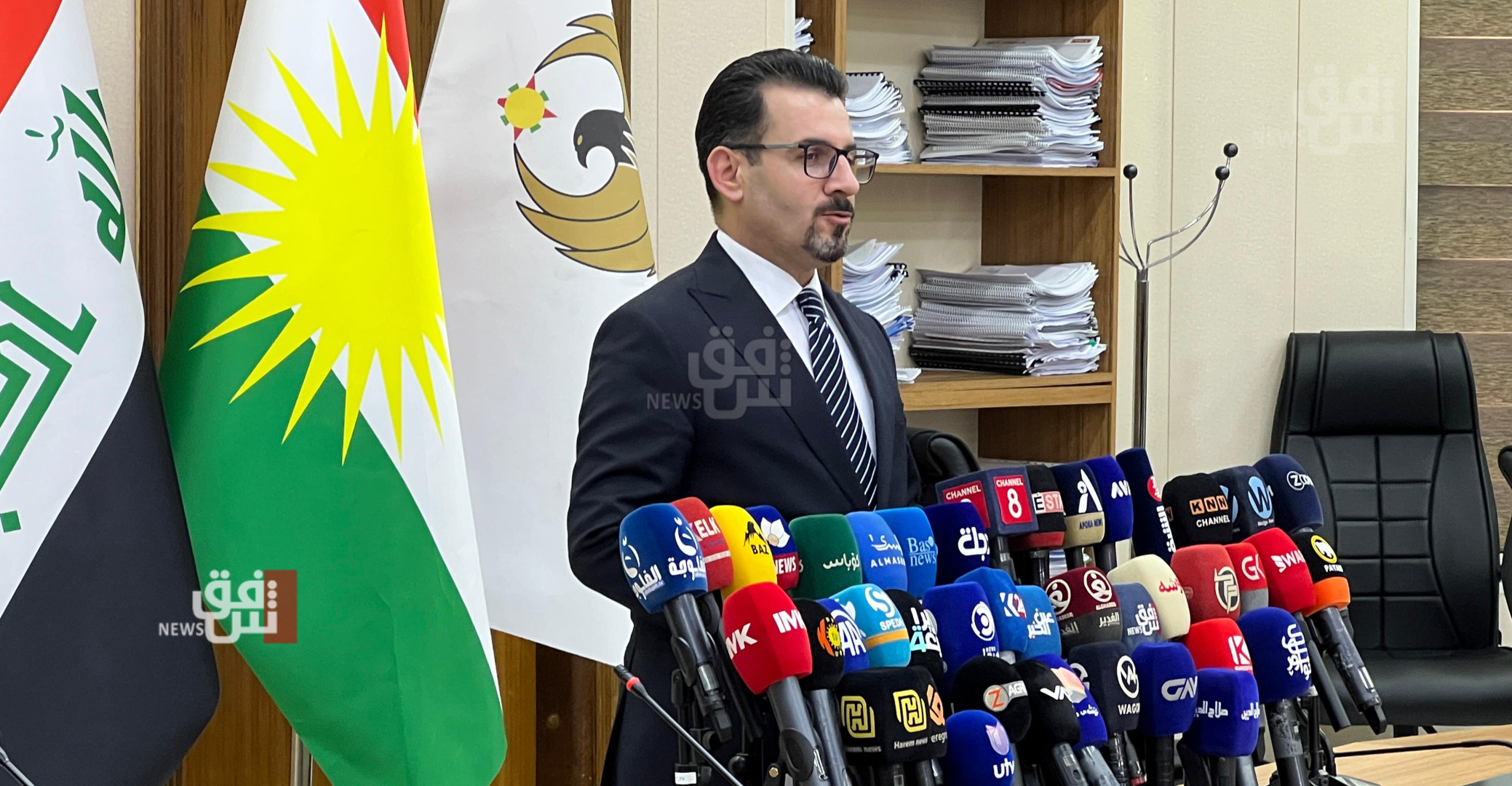PM Barzani praises Iraqi government for condemning Iranian missile attack on Erbil
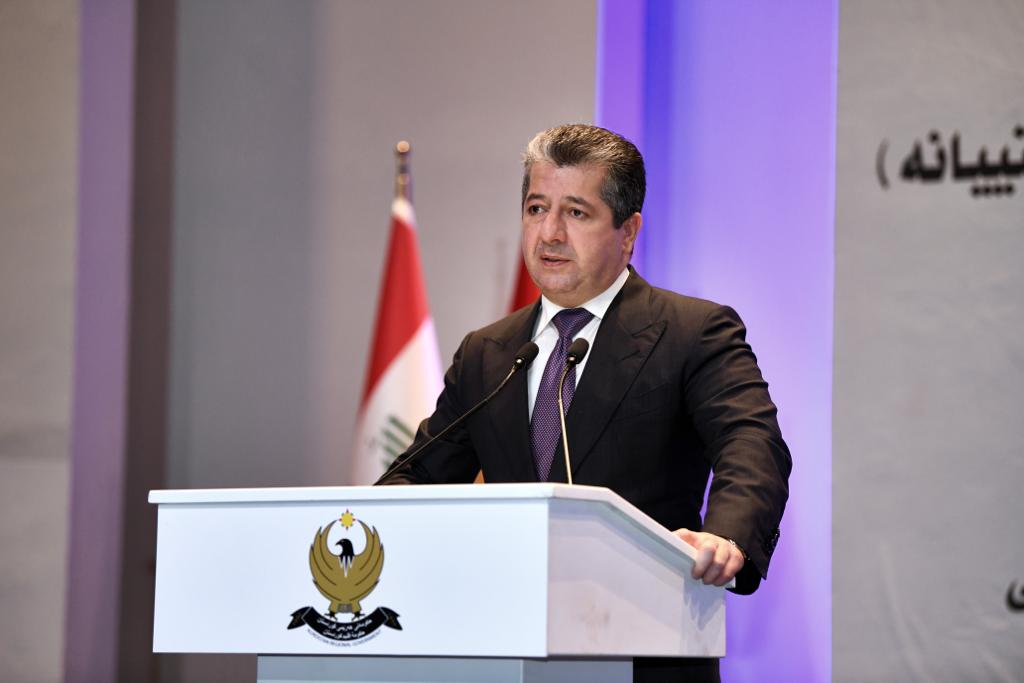
Shafaq News/ The Prime Minister of the Kurdistan region, Masrour Barzani, on Tuesday praised the Iraqi government for condemning an Iranian missile attack that targeted Kurdistan's capital city of Erbil on Monday night.
In a press conference in Davos, Switzerland, Barzani said that the attack killed four civilians, including a father and his daughter, and injured six others.
"These attacks on the Kurdistan region are baseless and unjustified," Barzani said. "We in Kurdistan have made every effort to serve our citizens and build peaceful relations with our neighbors."
Barzani thanked the Iraqi Foreign Ministry for its statement condemning the attack. He called on the international community to help end the attacks on the Kurdistan region.
Earlier today, Iraq's Foreign Ministry summoned its ambassador to Tehran.
The ministry said in a statement that the attack, which occurred overnight, was a "violation of Iraqi sovereignty" and that it had "strongly condemned" the attack.
The statement said the attack had caused "damage to civilian property and infrastructure" and that there were reports of casualties.
Yesterday, Iran's Revolutionary Guards said they attacked the spy headquarters of Israel in Iraq's semi-autonomous Kurdistan region, state media reported.
The strikes come amid concerns about the escalation of a conflict that has spread through the Middle East since the war between Israel and Palestinian Islamist group Hamas began on Oct. 7, with Iran's allies also entering the fray from Lebanon, Syria, Iraq and Yemen.
"In response to the recent atrocities of the Zionist regime, causing the killing of commanders of the Guards and the Axis of Resistance ... one of the main Mossad espionage headquarters in Iraq's Kurdistan region was destroyed with ballistic missiles," the Guards said in a statement.
In addition to the strikes at northeast of Kurdistan's capital Erbil in a residential area near the U.S. consulate, the Guards said they "fired a number of ballistic missiles in Syria and destroyed the perpetrators of terrorist operations" in Iran, including the Islamic State.
Islamic State claimed responsibility for two explosions in Iran this month that killed nearly 100 people and wounded scores at a memorial for top commander Qassem Soleimani.
Iran had already vowed revenge for the killing of three members of the Guards in Syria last month, including a senior Guards commander, who had served as military advisers there.
While recalling its envoy from Tehran, Iraq summoned Iran's charge d'affaires in Baghdad to protest against the strikes, the foreign ministry said. It said Baghdad would take all legal measures against what it called a violation of Iraq's sovereignty.
The U.S. State Department condemned the attacks near Erbil, calling them "reckless", but officials said no U.S. facilities were targeted and there were no U.S. casualties.
"The United States supports the sovereignty, independence, and territorial integrity of Iraq," Adrienne Watson, spokesperson for the White House National Security Council, said in the statement.
Iran, which supports Hamas in its war with Israel, accuses the United States of backing what it calls Israeli crimes in Gaza. The U.S. has said it backs Israel in its campaign but has raised concerns about the number of Palestinian civilians killed.
At least four civilians were killed and six injured in the strikes, the Kurdistan government's security council said.
Multimillionaire Kurdish businessman Peshraw Dizayee and several members of his family were among the dead, killed when at least one rocket crashed into their home, Iraqi security and medical sources said.
Dizayee, who was close to the ruling Barzani clan, owned businesses that led major real estate projects in Kurdistan.
Additionally, one rocket had fallen on the house of a senior Kurdish intelligence official and another on a Kurdish intelligence centre and air traffic at Erbil airport was halted, the security sources said.
Iran has in the past carried out strikes in Iraq's Kurdistan region, saying the area is used as a staging ground for Iranian separatist groups as well as agents of its arch-foe Israel.

